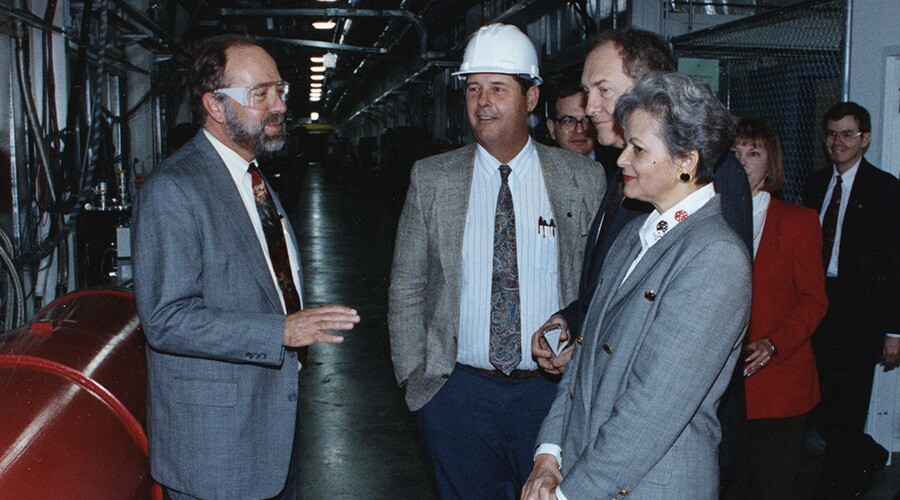Oral History

Oral History

AIP hosts over 2,000 oral histories dating back to the 1960s, providing unparalleled insights into scientists’ lives and work. Many were conducted by AIP staff members, while others were deposited by outside interviewers. All interviews that are digitized and open to researchers are in our digital repository.
Recently Posted Oral Histories
Browse the CollectionFocus On: The Superconducting Super Collider

Focus On: The Superconducting Super Collider

In 1987, the United States announced it was going ahead with the most ambitious project ever to be undertaken in high-energy physics: the Superconducting Super Collider. In 1993, Congress voted to terminate construction amid a rising political enthusiasm for budget control, dealing a permanent blow to U.S. status in the field. Michael Riordan has donated a selection of more than 20 interviews that he, Lillian Hoddeson, and Steve Weiss conducted as background research for the book Tunnel Visions, a history of the SSC’s rise and fall.
Ed Weiler, photo by Bill Ingalls / NASA | Laura Greene, AIP Emilio Segrè Visual Archives, Physics Today Collection | Center for History of Physics Director Charles Weiner, left, interviews Otto Frisch, 1967, AIP Emilio Segrè Visual Archives | Roy Schwitters and Hazel O’Leary, AIP Emilio Segrè Visual Archives, Physics Today Collection.











